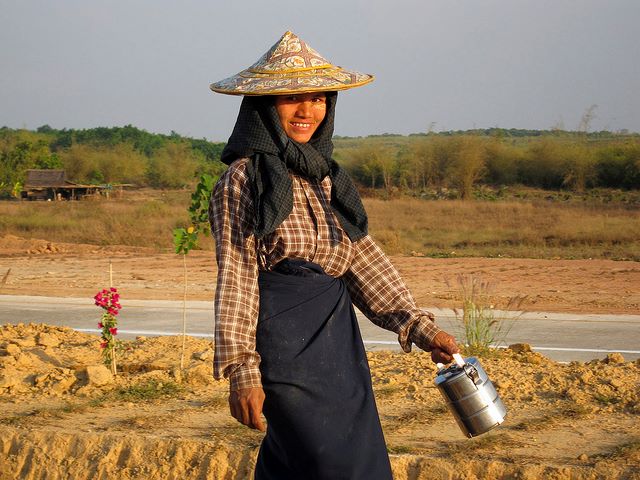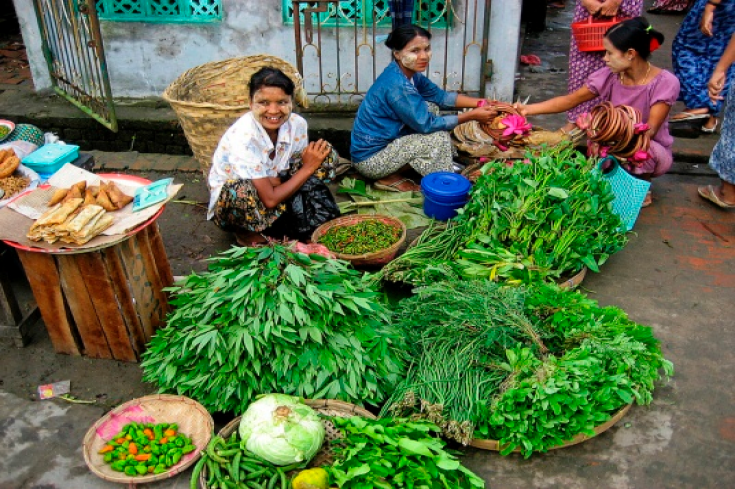This website uses cookies so that we can provide you with the best user experience possible. Cookie information is stored in your browser and performs functions such as recognising you when you return to our website and helping our team to understand which sections of the website you find most interesting and useful.
Gender equality makes for smart economics—it can enhance productivity, improve development goals for the next generation, and make institutions more representative. The World Bank is committed to working closely with the Government of Myanmar to promote gender equality and women’s empowerment. Current trends
The Ministry of Social Welfare and Relief and Resettlement is leading reforms to enhance gender equality and empowerment. It is cooperating with other government agencies, civil society, academia, and the international community.Myanmar has committed to the Convention on the Elimination of All Forms of Discrimination against Women (CEDAW) and the Millennium Development Goals.
Myanmar’s National Strategic Plan for the Advancement of Women covers key areas of the Beijing Platform for Action, which is the United Nations agenda for women’s empowerment.
Myanmar’s Education for All National Action Plan ensures that all children have access to basic education of a good quality by 2015.
Myanmar’s National Reproductive Health Strategic Plan of 2009-2013 sets out to achieve the Millennium Development Goal 2015 target of reducing maternal and infant mortality rates.
Current challenges in Myanmar include high maternal mortality rates and unequal pay for women for similar work with men. With fewer women elected to office, women have a weaker voice and influence than men in politics.
With increasing development, Myanmar needs to prepare now for new challenges that will have an impact on gender equality: economic integration, domestic and international migration, rapid urbanization, new information and communication technology, and population aging.


